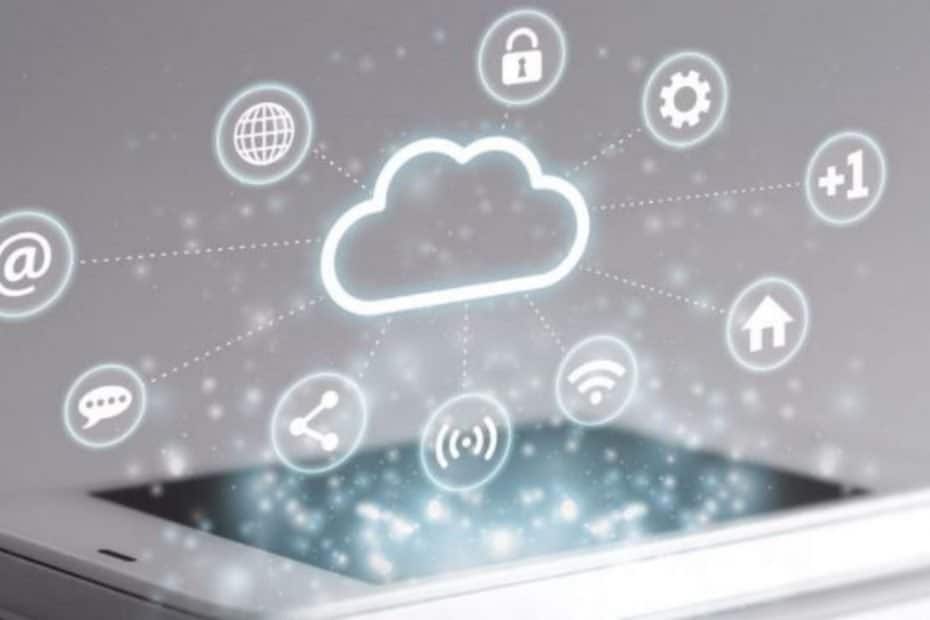Learning every facet of iPhone security is becoming increasingly important as hackers create new ways to steal your information every day. Fortunately for you, the average iPhone user, there are a number of tools built right into your phone, as well as easy to use apps that you can download, that will keep your iPhone security levels high.
8 iPhone security tips to protect your smartphone!
 Touch ID & Passcode Lock
Touch ID & Passcode Lock
The simplest thing that you can do to prevent people from stealing your data is to use the Touch ID & Passcode Lock options built right into your phone. These will make it so you either have to use your thumbprint, or a unique code, to unlock your phone.
Touch ID is a new iPhone security feature that’s only available on the iPhone 5S and both iPhone 6 models. If you’re the lazy type of person who dreams up creative passcodes like ‘1234,’ or ‘0000,’ this can be an easy way for you to create a way to prevent people from entering your phone easily.
Using complex Passcode locks
If you don’t have the Touch ID feature on your iPhone, or if you don’t quite trust the technology yet, you can create even more complex passcodes. A 4-digit passcode with just numbers allows you only 10,000 possible combinations.
Go back into Touch ID & Passcode and turn the “Simple Passcode” feature off. You will now be able to create a Passcode that’s much more like a password that you’d create online – you can use uppercase and lowercase letters, as well as numbers and symbols.
The iPhone security feature to end it all: Self Destruct
For those with iPhones that have truly sensitive information on them, like company phones and BYOD devices…or those belonging to secret spies (I guess?) there’s the feature in Touch ID Passcode called Self Destruct.
When you enable this you had better have your Passcode memorized. If you get the Passcode wrong 10 times in a row it completely wipes the phone clean. This can be a HUGE benefit to those whose iPhone is stolen and someone tries to randomly guess the passcode.
For those with Touch ID you’ll have three chances to get your thumbprint recognized. After the third fail it reverts to the Passcode where you have 10 tries.
Using a VPN on public WiFi = Stranger danger
 The absolute most risky place for your iPhone is when it’s connected to public WiFi. You’re opening yourself up to man in the middle attacks that allow hackers to put themselves between your iPhone and your Internet connection. This allows them to freely read anything you send over the connection in plain text – including passwords and banking details.
The absolute most risky place for your iPhone is when it’s connected to public WiFi. You’re opening yourself up to man in the middle attacks that allow hackers to put themselves between your iPhone and your Internet connection. This allows them to freely read anything you send over the connection in plain text – including passwords and banking details.
A
Read about the best iPhone VPNs in our review and choose the best one for your specific needs.
Privacy settings between apps
Your iPhone will likely have dozens of apps set up on it. Each one will have access to a bunch of different features:
- Camera
- Microphone
- Photograph folder
- Each other
Controlling that can help lower your security risks as some apps are more prone to hacking than others. Go into your Privacy” tab under “Settings.” Here you’ll see all the privileges that apps have. Disable and turn off ones that you don’t use often, or those who have access that they don’t need.
Turn Notifications off
It’s nice to be able to see a summary of messages sent to you in notifications. If you receive any sort of useful information on this, like phone numbers that should remain confidential, banking information, or work data, you’ll want to make it so that anyone who comes along and looks at your iPhone can’t see this.
Sorry, Siri
Siri is just as prone to leaking data as Notifications is. You don’t even have to be a hacker when Siri is on when the iPhone is locked – just start asking questions that lead to data leaks. Something as simple as “What’s my meeting at 6pm” can leak a secret meeting you have with a job interview – ruining your current job!
To turn Siri off when the IPhone is locked go into Touch ID & Passcode. Set the “Allow access when locked” setting to off. Sorry, you have to unlock your iPhone to talk to Siri now!
 Autofill is a hackers dream tool
Autofill is a hackers dream tool
If all of the above systems fail, and a hacker find a way into your iPhone, don’t give them the keys to the palace! Safari’s Autofill feature is a very convenient way for you to fill in your passwords, usernames, and credit card details right away – it’s also easy for a hacker.
To turn it off and protect yourself go to Settings -> General -> Passwords & AutoFill. Turn it off and get ready for the arduous task of…typing things. This may be the most tedious of the iPhone security tips presented, but massive credit card fraud is what hackers day dream about. See?!? – >
Feature image by dolphfyn Shutterstock
Fingerprint photo via Yeamake / Shutterstock
